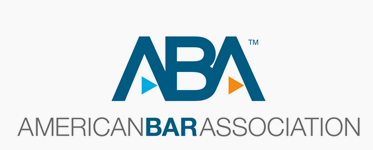In recent years, student loan borrowers in Texas and elsewhere have had greater leeway when paying their balances. In some cases, borrowers have even had their balances forgiven. While debt forgiveness means you’re no longer required to send additional money to your lender, it may trigger a taxable event.
Debts forgiven before 2026
Typically, forgiven student loan debt is considered taxable income by the IRS. However, debts discharged before the first day of 2026 are exempt from taxation at the federal level. Whether or not you will be eligible by that time depends on what program you enrolled in.
Those participating in the Public Service Loan Forgiveness (PSLF) program are eligible for relief after 10 years of payments. Those participating in other income-dependent repayment (IDR) programs are eligible for relief after 20 or 25 years of payments.
Debts forgiven before the end of 2025
If you participate in the PSLF program, you will not owe income taxes on any portion of a forgiven balance. However, you must generally pay taxes on the state and federal levels if you participate in any of the federal government’s four IDR plans. However, it is possible that Congress could take action to extend the exemption timeline beyond the end of 2025.
State taxes may apply
Texas does not have a state income tax, so you would be safe if you earned most or all of your income within its borders. However, if you earn money in Indiana or North Carolina, forgiven student loan debt could be taxable income.
Any debt forgiven after the end of a repayment period may be seen as ordinary income by the IRS. However, this doesn’t mean that you would necessarily owe tax. This would depend on how much you made in the past year and if you have any other available deductions or credits. The IRS or state agency may answer any questions you might have about your tax situation.












